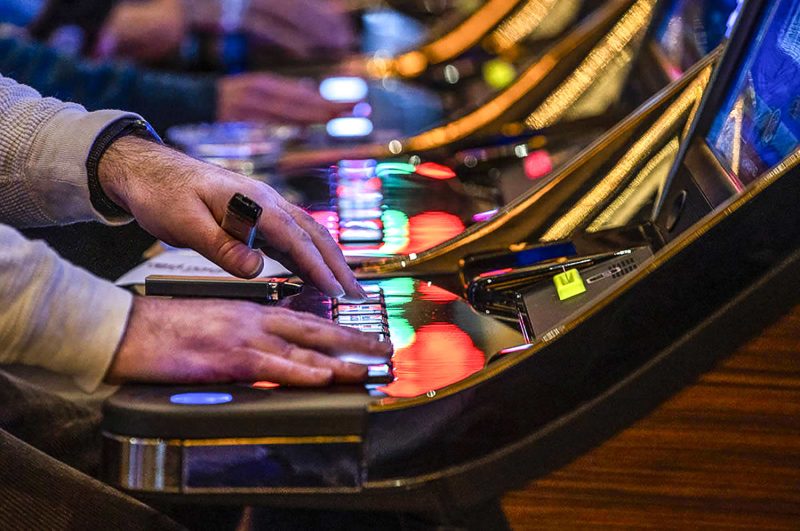In a recent move that could potentially reshape the future of the casino industry, shareholders have raised concerns about indoor smoking policies, particularly in the wake of the ongoing COVID-19 pandemic. Casinos, known for their lively atmosphere and round-the-clock entertainment, have long been a haven for both smokers and non-smokers alike. However, with growing awareness about the health risks associated with secondhand smoke exposure, some shareholders are pushing for a reevaluation of current indoor smoking practices in casinos.
The shareholder push comes at a time when the hospitality and gaming industries are facing unprecedented challenges due to the global health crisis. The COVID-19 pandemic has forced casinos to implement strict health and safety protocols to protect both employees and guests. In this context, the issue of indoor smoking has gained renewed attention as stakeholders seek to strike a balance between promoting a safe and healthy environment while maintaining the unique charm and appeal of casinos.
While smoking bans in indoor public spaces have become increasingly common in many jurisdictions, casinos have often been exempt from such regulations due to their unique status as entertainment venues. However, the tide may be turning as shareholders advocate for a more stringent approach to indoor smoking in casinos. Concerns about the impact of secondhand smoke on public health, particularly in enclosed spaces with limited ventilation, have prompted calls for comprehensive smoke-free policies in casinos.
Proponents of stricter indoor smoking regulations argue that such measures are necessary to safeguard the health and well-being of both patrons and casino employees. Secondhand smoke contains a toxic mix of chemicals that can pose serious health risks, including respiratory problems, heart disease, and cancer. By instituting smoke-free policies, casinos can promote a healthier environment for all individuals who visit their establishments.
In addition to the health considerations, proponents of smoke-free casinos also point to the potential business benefits of such a change. Studies have shown that smoke-free environments can attract a broader customer base, including non-smokers and families, who may be deterred by the presence of secondhand smoke. By making casinos more welcoming to a diverse range of patrons, operators stand to increase their revenue and enhance their overall market appeal.
However, implementing smoke-free policies in casinos is not without challenges. Opponents of such measures argue that smoking is deeply ingrained in the casino experience and serves as a key draw for many patrons. They warn that a blanket ban on indoor smoking could alienate existing customers and lead to a drop in revenue. Balancing the competing interests of public health, business considerations, and customer preferences presents a complex dilemma for casino operators and policymakers.
Ultimately, the shareholder push to reassess indoor smoking in casinos reflects a broader shift towards prioritizing health and safety in all aspects of public life. As the gaming industry grapples with the unprecedented challenges posed by the COVID-19 pandemic, it may be time for casinos to rethink their approach to indoor smoking and explore alternative strategies to create a safer and more inclusive environment for all. By engaging in open dialogue with shareholders, policymakers, and the public, casino operators can chart a path forward that balances the interests of all stakeholders while upholding their commitment to providing a world-class entertainment experience.


































